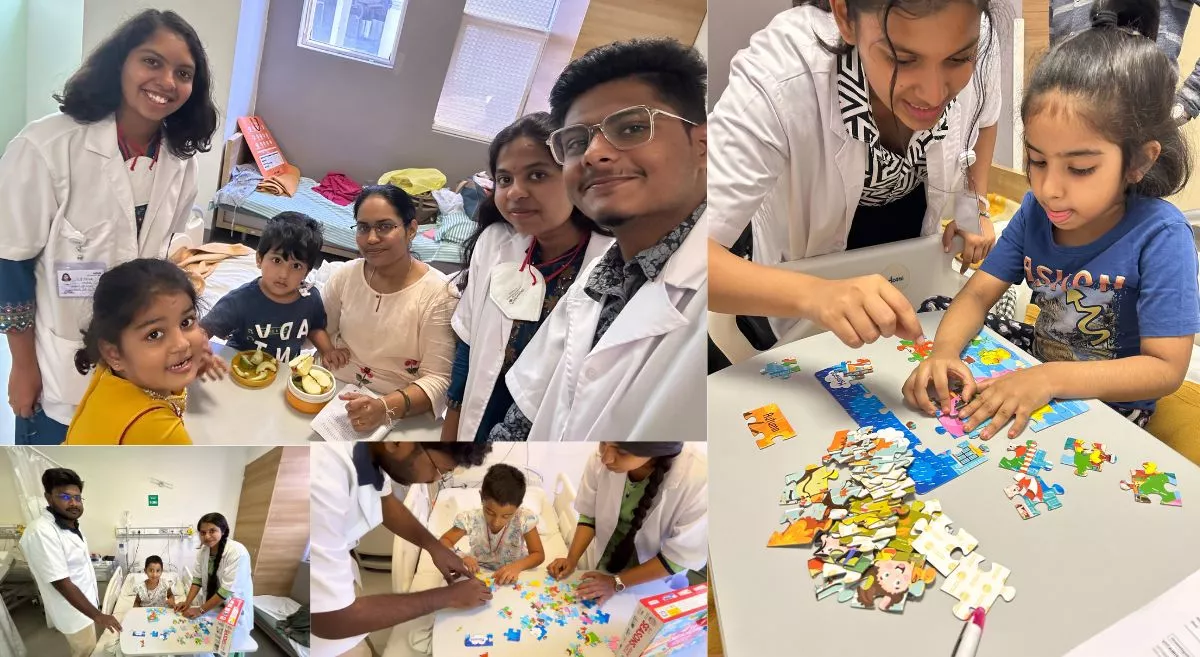Decoding Prostate Cancer: Unraveling Genetic Risk Factors
Prostate cancer stands as a formidable challenge in men's health, impacting millions worldwide. Amidst its complexities, genetic predispositions emerge as crucial determinants of individual risk. By delving into the genetic landscape of prostate cancer, we can decipher personalized risk factors, steering towards proactive management strategies and informed decision-making.
The Genetic Varieties of Prostate Cancer:
Genetic variations wield significant influence in prostate cancer susceptibility. Inherited mutations, particularly in genes like BRCA1, BRCA2, and HOXB13, can heighten vulnerability. Understanding familial patterns and hereditary prostate cancer syndromes unveils hidden risks, urging early detection and tailored interventions.
Polygenic Risk Scores: A New Frontier:
Advancements in genetic research herald the dawn of polygenic risk scores (PRS), offering a holistic view of genetic predispositions. By amalgamating multiple genetic markers, PRS empowers precise risk assessment, revolutionizing screening protocols and treatment paradigms.
Navigating Screening and Treatment:
Armed with genetic insights, individuals can chart a proactive course in prostate cancer management. Tailored screening regimens, enriched with genetic markers, promise early detection and personalized treatment modalities. Genetic information paves the way for targeted therapies, enhancing efficacy and minimizing adverse effects.
Empowering Personalized Prevention:
Genetic literacy empowers individuals to proactively mitigate prostate cancer risks. Lifestyle modifications, coupled with genetic counseling, form the cornerstone of prevention strategies. By fostering open dialogue and community support, we cultivate a culture of resilience and empowerment in the face of prostate cancer
Let’s conclude by stating that in the intricate tapestry of prostate cancer, genetics emerges as a guiding beacon, illuminating personalized risk factors and treatment pathways. Through understanding and embracing our genetic heritage, we embark on a journey of empowerment and resilience, forging a future where prostate cancer holds no dominion over men's health.












